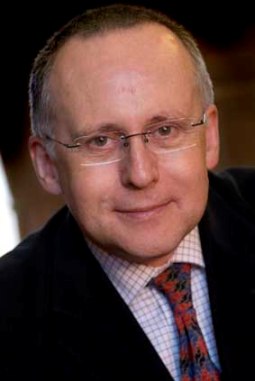 This year three members of my profession have been brutally murdered in Bangladesh, bringing the grisly total to six since 2013.
This year three members of my profession have been brutally murdered in Bangladesh, bringing the grisly total to six since 2013.
On May 12, 32 year-old blogger Ananta Bijoy Das was hacked to death by a masked machete-wielding gang in Sylhet. He had received a number of threats from Islamist militants, and his name had appeared in two assassination lists alongside those of other secular bloggers, described as ‘anti-Islamic’ and ‘blasphemous’.
Earlier, on 26 February, writer Avijit Roy, a US citizen, was similarly executed. Together with his wife Rafida Ahmed Bonya, he was attacked close to Dhaka University. Rafida was severely injured. A militant Islamist group has reportedly claimed responsibility for this atrocity.
On March 29, blogger Washiqur Rahman Babu was murdered 500 metres from his home in Begunbari, Dhaka. Attackers targeted the 27-year-old because they believed he had defamed Islam.
International condemnation of these senseless murders has been swift. John Ralston Saul, President of PEN International, summed up the general feeling when he wrote: ‘The government, and the Prime Minister in particular, have the responsibility and the ethical obligation to stop this violence and to ensure that Bangladesh meets acceptable standards of both democracy and the rule of law, which are needed to protect citizens’ right to free expression.’
But, as Nigel Hughes (Professor of Geology, University of California, Riverside) has written*, there is more to this than the need to protect freedom of expression from ignorant fundamentalist bigotry, something that is as much of a threat at home as it is abroad.
He wrote: ‘…on the very day that Roy…was bludgeoned to death yards from where he was signing copies of his latest astronomy book, another American stood on the floor of the Senate with a snowball in his hand, and claimed that what his gut told him was a better basis for preparing for the future than the scientific contributions of thousands of individuals the world over… who have built an understanding of what nature is telling us about our planet's past.
‘In that sense, [Senator James Inhofe, Oklahoma] stands not with Roy, Rahman and Das, but with those who opposed them. This is why the deaths of these three science advocates in Bangladesh … is a matter of consequence the world over. They died because they understood that the risks of ignoring what science tells us are too serious to indulge political ambition, clothed in a supernatural mantle, wherever it occurs.’
DR TED NIELD, EDITOR
[email protected] , @TedNield @geoscientistmag
* ‘Dying for a natural explanation’ by Nigel Hughes, Huffington Post 29.7.2015. W: http://huff.to/1M96d6P